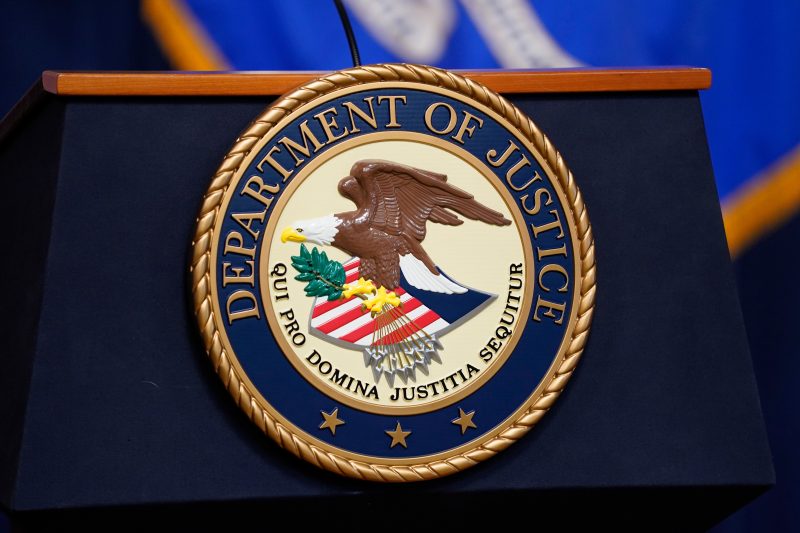Gag Orders: A Threat to Whistleblowers’ Rights
Background on Federal Whistleblowers
Federal whistleblowers play a crucial role in ensuring transparency, accountability, and integrity within government agencies. These individuals, often employees or former employees of federal agencies, come forward to report misconduct, fraud, waste, and abuse that they witness in their workplace. By shedding light on malpractices, federal whistleblowers serve as champions of the public interest, safeguarding taxpayer funds and preventing harm to the democratic process.
Gag Orders: A Silencing Mechanism
Despite the vital function of whistleblowers, their ability to speak out is frequently constrained by gag orders imposed by the very agencies they seek to hold accountable. Gag orders, also referred to as nondisclosure agreements or confidentiality provisions, are instruments utilized by agencies to restrict the ability of employees to disclose information, particularly sensitive or classified data, to external parties. While such measures may be warranted in certain situations to protect national security or confidential information, they are often used to silence whistleblowers and suppress dissent.
The Consequences of Gag Orders
Gag orders have far-reaching consequences, infringing upon the rights of federal whistleblowers and impeding the flow of critical information to oversight bodies, the media, and the public. By preventing employees from speaking out about wrongdoing or mismanagement, gag orders shield agencies from public scrutiny and accountability, perpetuating a culture of secrecy and impunity. Moreover, the fear of retaliation, including job loss, demotion, or legal action, further discourages potential whistleblowers from coming forward, undermining the effectiveness of whistleblower protections.
Legal and Ethical Considerations
The issue of gag orders raises significant legal and ethical considerations regarding the balance between safeguarding national security interests and protecting whistleblowers from retaliation and suppression. While agencies have a legitimate interest in safeguarding classified information, they must also uphold the rights of employees to disclose wrongdoing without fear of reprisal. Additionally, the use of gag orders to conceal misconduct or shield agencies from scrutiny may violate ethical principles of transparency, accountability, and integrity in governance.
Recommendations for Reform
To address the challenges posed by gag orders and enhance whistleblower protections, several key reforms are essential. First, agencies must ensure that gag orders are narrowly tailored to protect legitimate national security interests and do not unduly restrict the rights of whistleblowers to disclose misconduct. Second, robust mechanisms for reporting and investigating whistleblower complaints, coupled with safeguards against retaliation, are crucial to fostering a culture of accountability and transparency within federal agencies. Finally, public awareness campaigns and advocacy efforts can help raise awareness about the importance of whistleblowers in safeguarding democracy and promoting good governance.
Conclusion
In conclusion, gag orders represent a significant threat to the rights of federal whistleblowers and the integrity of government accountability mechanisms. By silencing those who seek to expose wrongdoing and misconduct, gag orders undermine transparency, public trust, and ethical governance. Addressing this issue requires a multi-faceted approach that combines legal reform, ethical considerations, and public advocacy to protect whistleblowers and uphold the principles of accountability and integrity in federal agencies.
